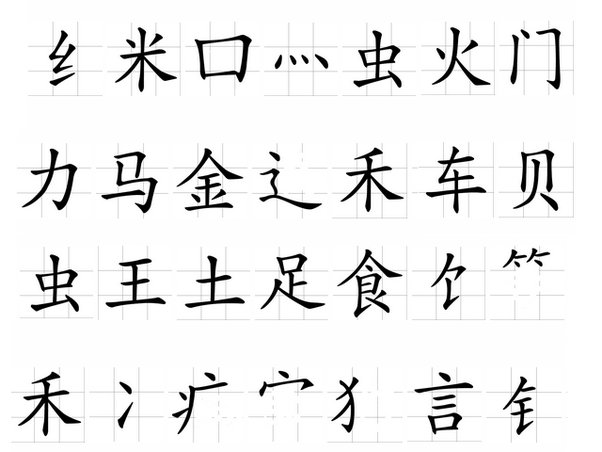It doesn’t work that way.
A chinese character is composed of radicals combined in a block. There are ~200 radicals in total.

These are the analogue of alphabets in phonetic or spelled languages, except the radicals convey meaning, rather than sound.
Many characters can be decomposed from their radicals to extract the meaning. For example, 论 is composed of the radicals for “talk”, “gather” and “written material” = doctrine/formal discussion.
In theory, one need only learn the ~200 radicals to “master” Chinese. But that is akin to making the same claim that mastery of ABC confer the same for English. There are easily 20,000–40,000 words in an educated English vocabulary, and every word must be memorized as a spelled string from 26 alphabets.
English, in particular, introduces the complexity of borrowed foreign words, and the ambiguous nature of syllable representation. For example, the alphabet ‘A’ has 7 possible sounds, and it is impossible to reliably guess the proper pronunciation of an English word by sight, even if it may be a spelled language.
That is why the Chinese have such a hard time with English, because pinyin which is written in the English alphabet has a 1:1 mapping with the syllable space.
English has plenty of complexity that can be overwhelming to master, just like Chinese. One isn’t easier than the other, though they may have different learning curves. Chinese gets easier with acceptance of the logic structure, while English requires constant polish to iron out inconsistencies.